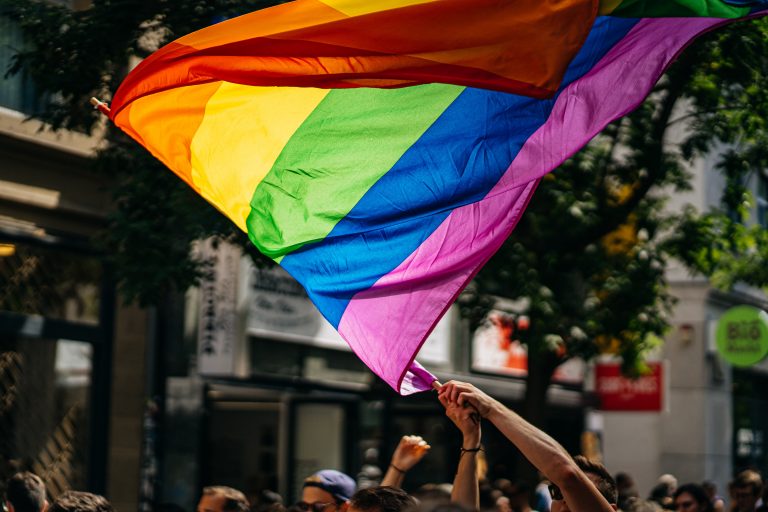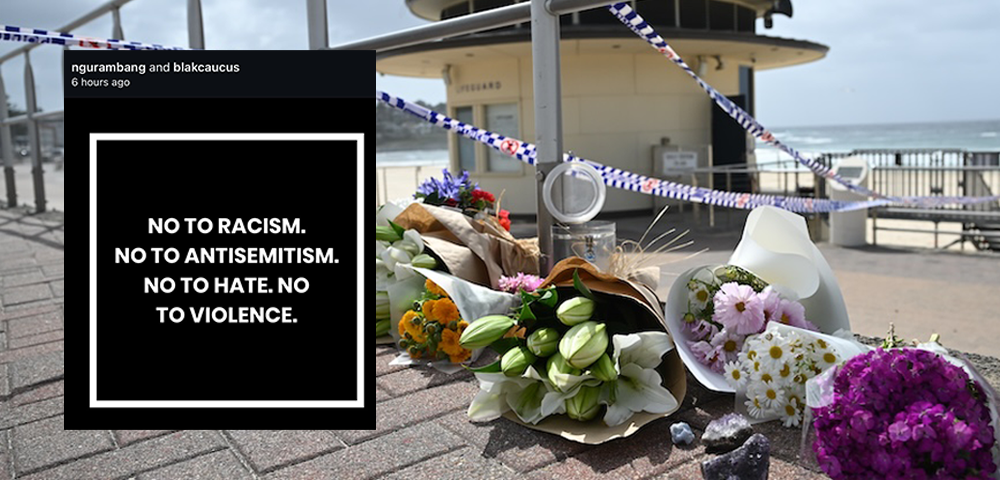
Investment In Mental Health Services Needed

Aside from the social and economic impacts of COVID-19, the ongoing pandemic has also caused significant damage to the mental health and wellbeing of Australians, and more broadly, populations across the globe. Yet, as was uncovered by a recent study undertaken by La Trobe University, the issue of mental health in LGBTQI communities has been a long standing and deeply alarming occurrence.
Private Lives 3, uncovered some 60.5% of the participants had been diagnosed with depression at some point in their lives while 47.2% suffered from generalised anxiety disorder. Around 41.9% said they had considered attempting suicide and 74.8% reported that they had considered it at some point in their lives.
In light of the study, a number of prominent LGBTQI organisations have raised concerns including theAustralian Federation of Aids Organisation, who are calling on the government to increase funding as Darryl O’Donnell, chief executive officer of AFAO explained.
“Mental health in the LGBTQI community is in crisis, and the La Trobe research makes it clear action and investment in LGBTQI mental health and suicide prevention is sorely needed. Existing approaches aren’t working and LGBTQI communities are paying the price.”
“There are many factors contributing to poorer mental health and suicide risk in LGBTQI communities, including disadvantage, stigma, barriers to mainstream health services and a critical lack of LGBTQI mental health services.
“The LGBTQI community needs to know suicide is preventable and recovery from mental health crisis is possible. Support exists, but the problem is overwhelming the limited LGBTQI services available and more investment is urgently needed.”
Among the changes to investments being called upon by the AFAO are culturally safe, professional counselling services, short-term alongside early intervention services that can be accessed quickly and easily without a referral, LGBTQI peer-support and psychosocial support and training for mainstream providers to improve accessibility, service quality and cultural safety for LGBTQI people.
What was also uncovered by the La Trobe University’s Australian Research Centre in Sex, Health and Society was that the majority of LGBTQI people did not feel accepted when accessing health services but reported positive experiences when accessing LGBTQI targeted services.
These sentiments are also those expressed by Switchboard Victoria, with CEO Joe Ball adding that “targeted responses to LGBTQI suicide prevention is too often not on the agenda. It is often an afterthought or considered otherwise dealt with in large catch all services. As we have known for a very long time at Switchboard and it is confirmed beyond any doubt today in this nationwide survey, these catch calls are failing LGBTQI people.
“As the AIDS activist before declared, ‘Silence Equals Death and we will not be silenced’, not when over one in four LGBTQI people considered ending their lives over the last year. That is almost 20 times higher than the general Australian population. These study findings absolutely must not be ignored.”
Despite the evident need for greater and more tailored support, even in light of the devastating impacts on mental health due to COVID-19, so far this year the Federal government has only announced a further $20 million in funding for Mental Health and Suicide Prevention Research.
While this is on top of approximately $500 million for mental health services and support, including $64 million for suicide prevention, $74 million for preventative mental health services, $48 million to support the pandemic response plan that has been allocated since January, it still clearly is not enough.
To put this into perspective, with Australia’s population now sitting just shy of 25 million, this extra Federal government funding announced in May equates to no more than $1 of extra investment to better support the mental health and well-being of each Australian citizen.
In stark contrast, Victorian Premier Daniel Andrews announced on Friday, November 13 that $870 million would be invested in order to “fix a ‘broken’ mental health system which, it admits, is under even greater pressure due to the impacts of the coronavirus pandemic.
“It’s a part of our health system that fails so many people every single day,” Andrews said. “There will literally be thousands of people who will benefit from these additional beds and these additional outreach services. This is important at a personal level but it’s also something we all benefit from in terms of productivity, efficiency, all of those things, but ultimately it’s about changing lives and saving lives.”
With further details of the Victorian Governments record breaking investment into mental health services being announced as part of State Budget announcement on November 24 many are hopeful that at least in Victoria, who have suffered most significantly from COVID-19, that the changes that are so desperately needed may come sooner rather than later.
To this, Joe Balls concludes by adding that the “State and Federal government must respond urgently to the immense need for better LGBTQI suicide prevention and mental health care for LGBTQI people. With this data in hand, there’s no excuse not to take immediate action at a State and Federal level and at Switchboard Victoria, we welcome any opportunity to work on this together.”
If you feel distressed reading the story, you can reach out to support services.
For 24 hour crisis support and suicide prevention call Lifeline on 13 11 14
For Australia-wide LGBTQI peer support call QLife on 1800 184 527 or webchat.





